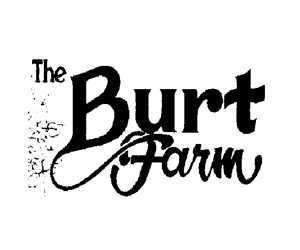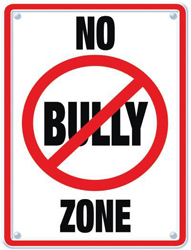by Stacey Lavallie
MANITOULIN—The chickens are coming home to roost, but not for Max Burt.
Mr. Burt’s appeal to the Agriculture, Food and Rural Affairs Appeal Tribunal, which requested an exception to the Ontario Chicken Farmers quota rules based on his father’s historic production at their Ice Lake farms, was denied on November 8.
Mr. Burt appeared before the tribunal on November 1 to plead his case before John O’Kane, Claire Belluz and John Rudics.
At the tribunal, Mr. Burt requested an exception to the Chicken Farmers of Ontario (CFO) rule that allows for up to 300 chickens to be farmed without quota. The CFO provides a quota system that allows farms to raise more than 300 chickens, but Mr. Burt argued that it was exceptionally difficult for Northern Ontario farmers to access quota, that the cost to acquire quota was prohibitive to new entrants into the market and that his father had raised chickens all through the 1950s and 1960s, up to and beyond the establishment of the chicken quota system.
The tribunal, in its finding, wrote that Mr. Burt “has the onus of satisfying the tribunal that he is entitled to the relief that he asked for in his appeal. Max Burt has not discharged that onus and he has failed to satisfy the tribunal.”
The tribunal cited four reasons why Mr. Burt’s appeal failed: failure to explain the 46-year delay in applying for chicken quota, inability to prove qualifying production, Mr. Burt was not a chicken producer during the qualifying period and Mr. Burt’s failure to prove he should be exempt from CFO quota regulations.
The tribunal found that Mr. Burt, even though he tried to portray a southern Ontario/Northern Ontario divide, was motivated by the cost involved in entering the quota system.
“While Max Burt characterized elements of the chicken supply management system as barriers to production in Nothern Ontario versus southern Ontario, the real essence of his case is that the cost of chicken quota is unaffordable to him,” the tribunal wrote in its findings. “It was unaffordable to him at $60/unit, when he wrote a letter in 2006, and we infer that today, with quota trading above $100/unit, it is even more unaffordable for him.”
The tribunal found that it could not rule in favour of an appeal based on cost issues, as it would “render CFO’s existing exemption policy meaningless.” The report stated that creating a precedent with Mr. Burt’s case would open a flood of exemption applications and that “treating affordability as an exemption criterion would eventually undermine the chicken quota system.”
The Expositor reached Mr. Burt at his Ice Lake farm following the announcement of the tribunal’s findings.
Mr. Burt said he wasn’t surprised at the findings. “(The tribunal board) rules appropriately in the word of the law, but is the law right?” Mr. Burt asked. “I’m not disappointed with the tribunal, I’m disappointed with the CFO.”
Mr. Burt said that with the current restrictions and cost of quota, it will still be impossible for new entrants to make it into the market. At present quota trading cost, Mr. Burt said he estimates it would cost nearly $6 a chicken for him to recoup the cost of purchasing quota, raising and butchering chicken, with the intent to pay off the quota cost in 10 years.
“I just can’t afford that and neither can my customers,” Mr. Burt said.
He said the issues brought up at the tribunal are not just “me issues,” but instead affect the entire chicken farming industry.
“Who does the current quota system benefit?” Mr. Burt asked. “Not the small farmer. How do we make it fair and equitable for new farmers to get in?” Mr. Burt has options open to him, including a petition to the Minister of Agriculture, but he said he hasn’t decided on what to do next. He did, however, say the process of the tribunal and the comments made by the CFO through its legal representation solidified his intent to fight the CFO until there were no options left.
“As my father said, ‘Lord make us humble, for the CFO will make us poor’.”




